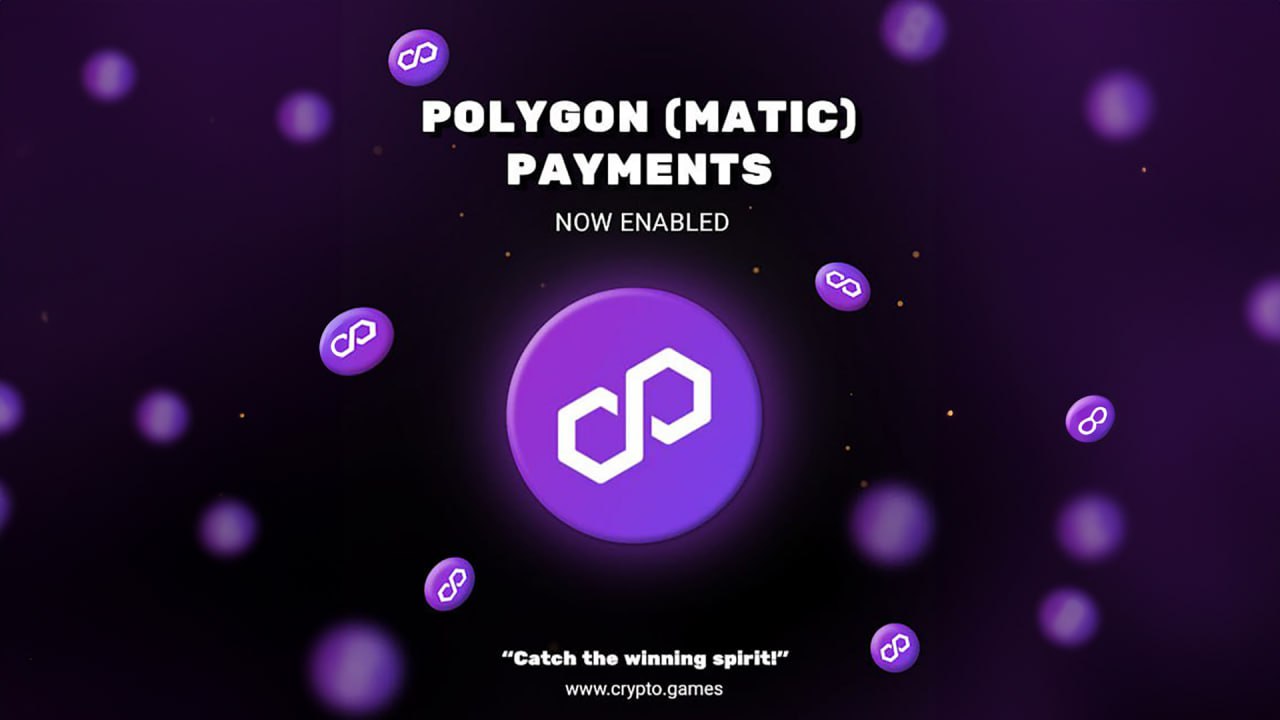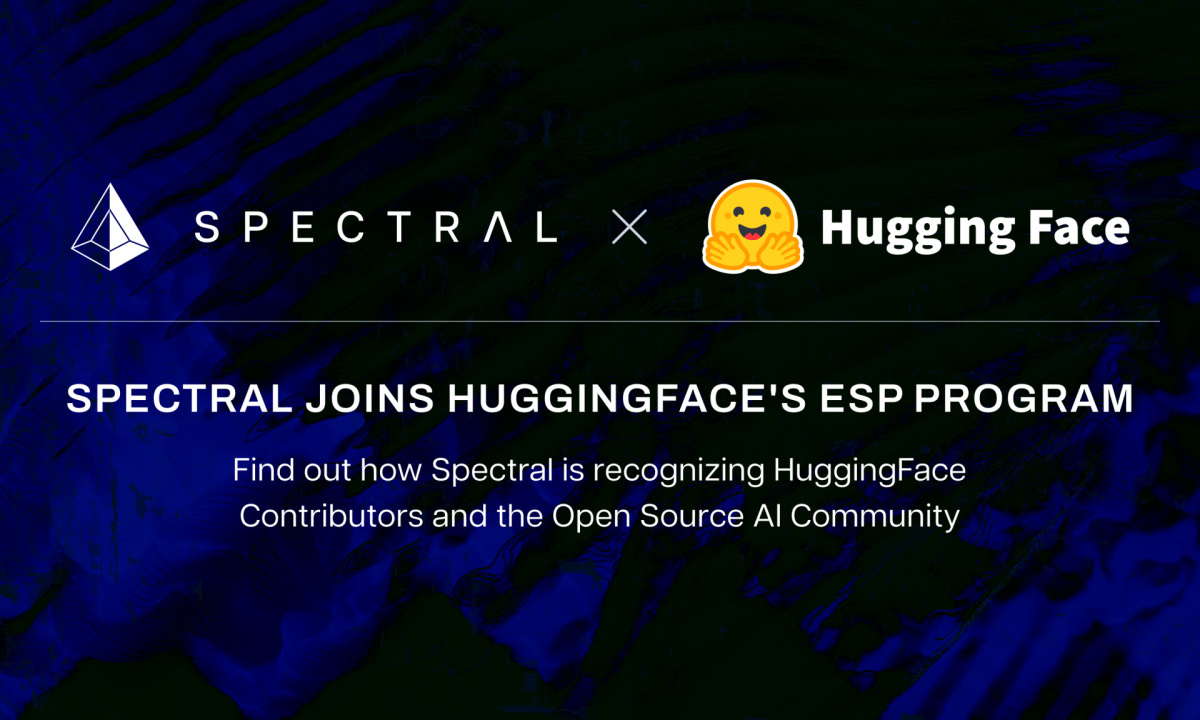Understanding White Label
White label refers to a product that is ready for deployment, featuring a market-ready back-end and a customizable front-end. This allows for quick customization of the user interface and user experience to meet the branding requirements of buyers, enabling swift market launch.
In the blockchain industry, white label products typically involve generic software that has been designed, developed, and tested by one company. Another company can then deploy this software after making necessary customizations. Buyers, often companies themselves, have the flexibility to choose their preferred customizations for the software and start their own digital asset business. White labeling offers a simple and cost-effective solution that streamlines the user experience across different platforms. Examples of white label products include infrastructure tool kits, coin/token launchers, wallets, and exchanges.
Developing a brand new technology or software requires time, expertise, and resources.
White labeling saves time by allowing businesses of all sizes to easily and quickly access the benefits of up-to-date technology and software. By reducing the time spent on developing new technology, companies can focus on their business model rather than the technical aspects of their brand. This reallocation of time enables third-party software development experts to maintain the high standards expected in this sector.
White labeling facilitates the sharing of knowledge in a highly demanding sector and enables younger, smaller companies without sufficient time or resources to develop everything from scratch. It also enables cross-industry applications. Traditional financial companies are increasingly embracing digital innovation in their product offerings. In a fiercely competitive market where digital innovation is rapidly advancing, white labeling allows companies to stay relevant without expanding their departments.
Examples of white labeling solutions in the digital asset space include BTSE, CoreLedger’s TEOS, and White Label DEX. These platforms provide white label marketplace software with varying degrees of customization options.
Author:
Johannes Schweifer is the CEO of CoreLedger, a company that empowers businesses of all sizes to leverage the benefits of blockchain technology. Schweifer has co-founded several blockchain start-ups, including Bitcoin Suisse. He is a passionate problem solver and holds a master’s degree in Chemistry and a PhD in distributed computing and quantum chemistry.











